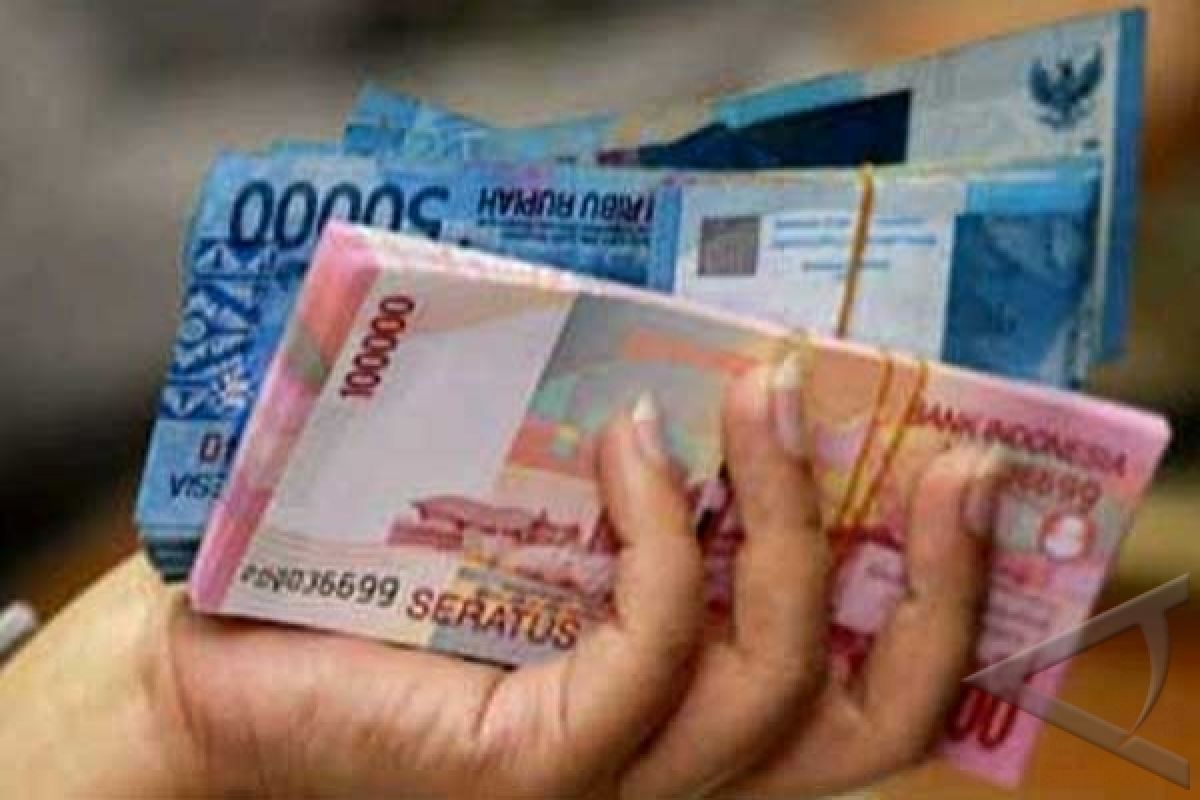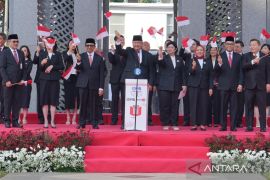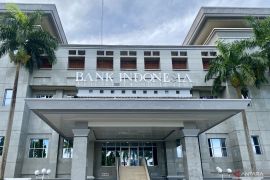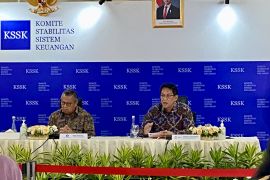"The foreign exchange reserves are enough to finance imports and repay the government`s foreign debts for 6.4 months," the head of Bank Indonesia`s public relations bureau, Difi A Johansyah, said here on Thursday.
Data from Bank Indonesia show the decline in foreign exchange reserves was among others the result of the open market operation policy to stabilize the rupiah`s exchange rate against the US dollar.
Bank Indonesia dipped into its US$332.584 billion foreign exchange reserves to buy the rupiah to supply more foreign exchange in the market which came under pressure due to high foreign exchange demands.
The local unit weakened against the US dollar, along with other regional currencies after foreign investors reduced holdings of risky assets and turned to safer instruments such as the US dollar to cover losses in developed markets.
Yet, Bank Indonesia noted that the country`s balance of payment throughout 2011 recorded a significant surplus although it came under pressure in the second quarter of 2011 which particularly happened to capital and financial transactions, along with growing concern about the global financial market.
Overall, the rupiah appreciated against the dollar in the year ended November 20 although it came under depreciation pressure in the second half of 2011 due to the worsening sentiment related to volatility in the global financial market, the central bank said.
A number of policies taken by Bank Indonesia and the government had been able to ease pressure on the rupiah`s exchange rate which was still consistent with the current trend in regional currencies` exchange rates.
Bank Indonesia said it kept monitoring developments in the rupiah`s exchange rate as part of efforts to stabilize it in tandem with the fundamentals underlying it.
(Uu.S012/HAJM/F001)
Editor: Priyambodo RH
Copyright © ANTARA 2011












